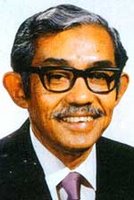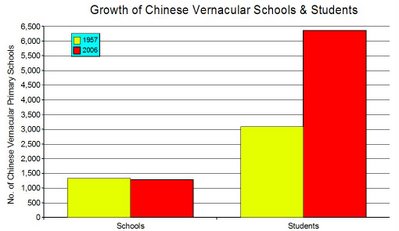Underlining his beliefs that this "special position" will be removed in due course was when presenting his views on Malay special privileges, Ismail had a propensity to use a golf metaphor.
He told Philip Kuok that "this handicap will enable them to be good players, as in golf, and in time the handicap will be removed. The Malays must not think of these privileges as permanent: for then, they will not put their effort to the tasks. In fact it is an insult for Malays to be getting these privileges" (Kuok 1991, p.217).Ismail used the same metaphor in his broadcast on 2nd August, Siaran Akhbar PEN. 8/69/22:
The special privilege or position accorded to the Malays under the Constitution is mainly intended to enable them - to borrow an expression from the game of golf - "to have a handicap" which would place them in a position for a fair competition with better players. Therefore, like a golfer, it should not be the aim of the Malays to perpetuate this handicap but to strive to improve their game, and thereby reducing, and finally removing, their handicap completely.Now, those of us fortunate enough to know the game of golf, players who over-declare their handicaps to unfairly gain an advantage over the other players are known as "buayas", or worse, derided as dishonest cheats. Would Tun Dr Ismail be having the same view of those who have clearly achieved par golf competency but still insist on their "rights" to have an 18-handicap?
It should also be noted that Tun Dr Ismail never enshrined the Malay affirmative action as a "right", but instead the 'special position' granted was defined as a "privilege". Which UMNO or government leader today will have the necessary moral courage like Tun Dr Ismail to stand up and make a public proclaimation that it is an "insult for Malays" for getting these privileges?













